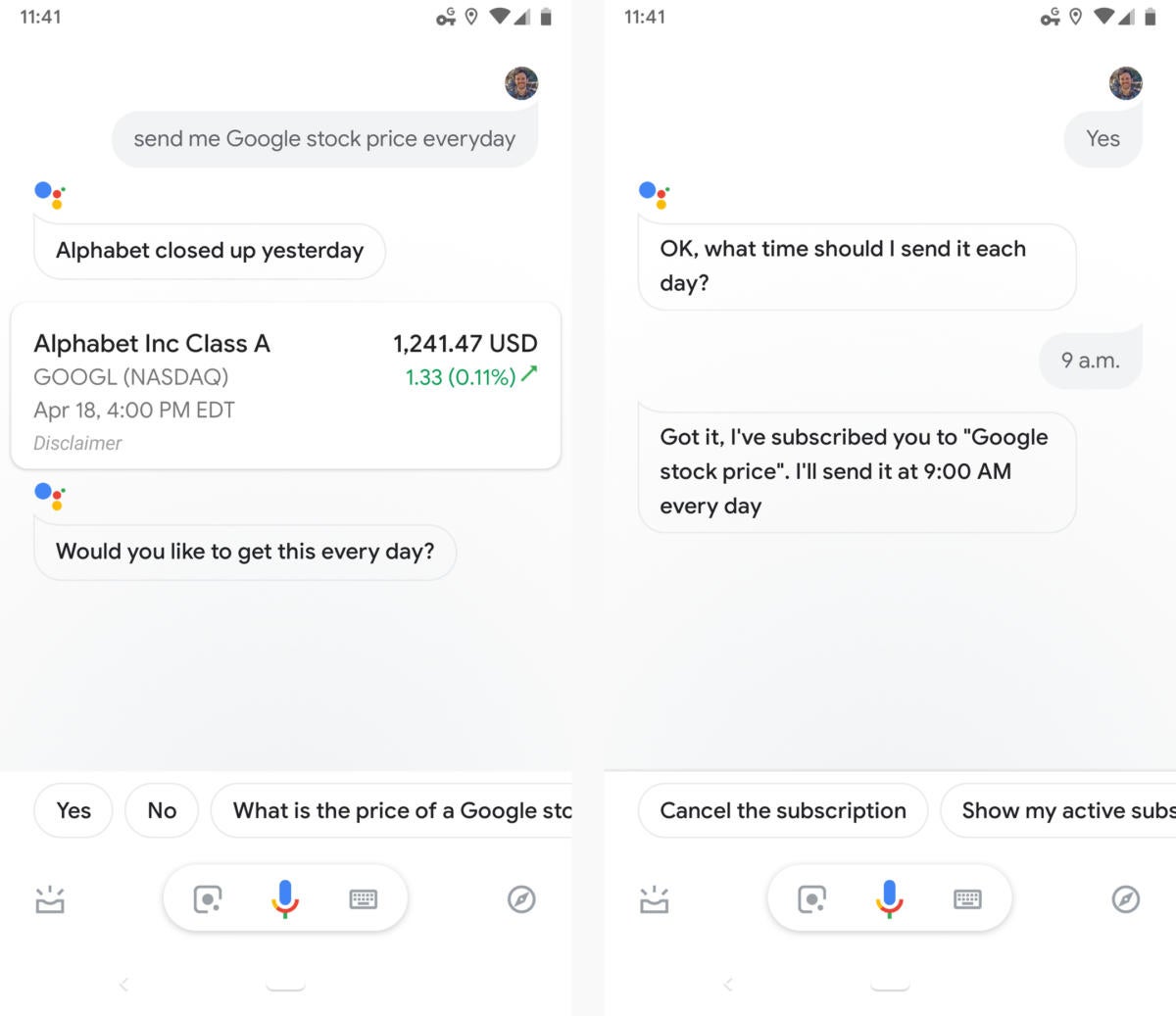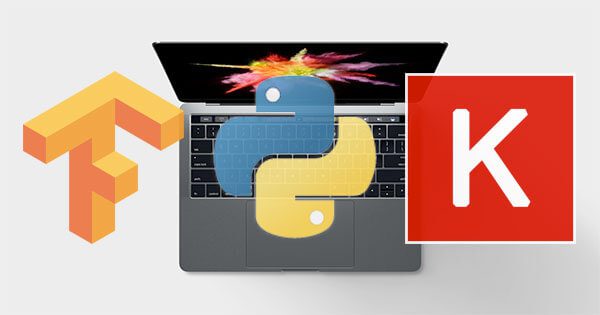
- #Mac os no matching distribution found for google assistant library install
- #Mac os no matching distribution found for google assistant library software
- #Mac os no matching distribution found for google assistant library download
- #Mac os no matching distribution found for google assistant library windows
third-party/WHEEL_FILENAME (replace pip with pip3 if using Python 3) in the SpeechRecognition folder.
#Mac os no matching distribution found for google assistant library install
To install, simply run pip install wheel followed by pip install.
#Mac os no matching distribution found for google assistant library windows
PocketSphinx-Python wheel packages for 64-bit Python 2.7, 3.4, and 3.5 on Windows are included for convenience, under the third-party/ directory. PocketSphinx-Python is required if and only if you want to use the Sphinx recognizer ( recognizer_instance.recognize_sphinx). third-party/WHEEL_FILENAME (replace pip with pip3 if using Python 3) in the repository root directory. PyAudio wheel packages for common 64-bit Python versions on Windows and Linux are included for convenience, under the third-party/ directory in the repository root. On other POSIX-based systems, install the portaudio19-dev and python-all-dev (or python3-all-dev if using Python 3) packages (or their closest equivalents) using a package manager of your choice, and then install PyAudio using Pip: pip install pyaudio (replace pip with pip3 if using Python 3).Then, install PyAudio using Pip: pip install pyaudio. On OS X, install PortAudio using Homebrew: brew install portaudio.If the version in the repositories is too old, install the latest release using Pip: execute sudo apt-get install portaudio19-dev python-all-dev python3-all-dev & sudo pip install pyaudio (replace pip with pip3 if using Python 3).On Debian-derived Linux distributions (like Ubuntu and Mint), install PyAudio using APT: execute sudo apt-get install python-pyaudio python3-pyaudio in a terminal.On Windows, install PyAudio using Pip: execute pip install pyaudio in a terminal.

The installation instructions on the PyAudio website are quite good - for convenience, they are summarized below: If not installed, everything in the library will still work, except attempting to instantiate a Microphone object will raise an AttributeError. PyAudio version 0.2.11+ is required, as earlier versions have known memory management bugs when recording from microphones in certain situations. PyAudio is required if and only if you want to use microphone input ( Microphone).
#Mac os no matching distribution found for google assistant library software
The first software requirement is Python 2.6, 2.7, or Python 3.3+. The following sections go over the details of each requirement.

To use all of the functionality of the library, you should have: In the folder, run python setup.py install.
#Mac os no matching distribution found for google assistant library download
Otherwise, download the source distribution from PyPI, and extract the archive. The easiest way to install this is using pip install SpeechRecognition.

See Notes on using PocketSphinx for information about installing languages, compiling PocketSphinx, and building language packs from online resources. This document is also included under reference/library-reference.rst. The library reference documents every publicly accessible object in the library. To quickly try it out, run python -m speech_recognition after installing. See the "Installing" section for more details. Quickstart: pip install SpeechRecognition.


 0 kommentar(er)
0 kommentar(er)
